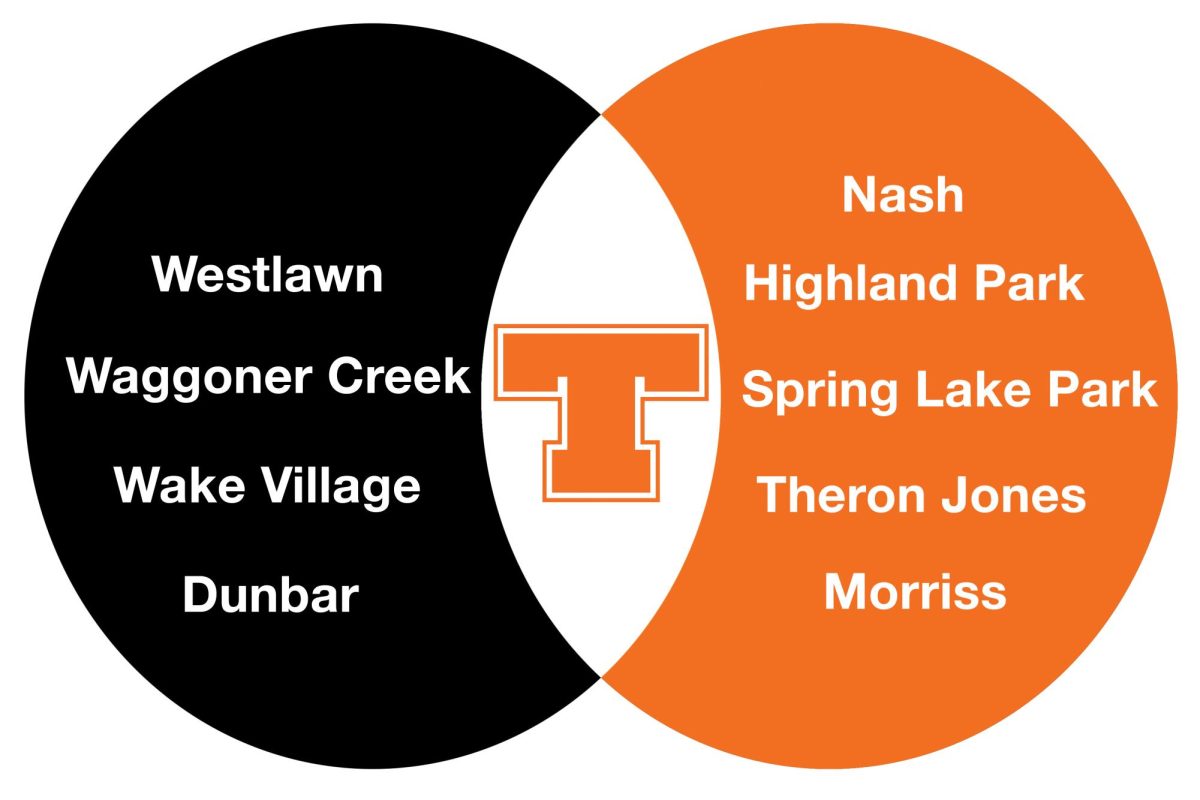History has shown time and time again that where people come from matters because society uses this minute detail to define their value, their importance and their position. It becomes their defining characteristic. Where they yield from affects every sphere of their life.
Whether it be one’s social circle, morals and values, or language, an individual’s entire outward expression steals from the areas they have lived. So when that identity meets the judgemental orientations of society that see how you dress, how you talk, how you think–all the factors that make up who you are–, it does what has been done since the dawn of time: it judges you.
Society assigns one’s place in the unspoken caste system, and they are expected to bear the weight of that for the rest of their life. It is an understood system that divides the world, a kind of natural selection that is crueler than nature’s predators. It is vengeful and consistent, a relentless reminder not to step out of line.
In school, it’s not uncommon to see one’s social standing impact their chance of academic success.
If an individual comes from an affluent family that can afford private education, tutoring services and other resources that advance their education, their future becomes safer. These resources are stepping stones that create a path to success if they only follow it.
If an individual does not come from a family with wealth, they are reminded time and time again that their education has the potential to be in jeopardy. However, when they’re forced to choose between needs–a roof over their head, food in their stomach, clothes on their back–or furthering their education, it’s not really a choice at all. The former will take priority every time, especially when they’re taking care of more than just themself. They may not have the time or energy to worry about struggling with their school work when they’re struggling just to survive.
That leaves the affluent kids to enroll in the AP classes, the DC, the Pre-AP and the honors, not necessarily because they are smarter–wealth doesn’t determine intelligence–but simply because counselors and teachers know that these students possess the time for these courses and the resources to seek assistance if they do struggle. These students do not have to work jobs to help support their family, being a student is their job.
Of the graduating class of 2023, around 142 students attended Wake Village, Nash and Morriss elementaries, schools with students from more affluent backgrounds, and 120 of them continued their education by attending college. Of the 81 students who reported attending Westlawn, Spring Lake Park, and Highland Park, schools with students from less affluent backgrounds, 51 pursued higher education.
Of the 22 students who attended more affluent elementary schools and the 30 who did not, those students reported either entering the workforce or trade school immediately after high school, entering the military or did not report entering into any trade, profession, or service.
Though these numbers may not seem large in difference or consequential to a group, these numbers reflect that while opportunities may be presented as equal, when you factor in everything else that impacts students’ lives, outcomes are not.
However, the inequality in outcomes does not reflect the lack of work in the school system, but rather the complexities families face in their day-to-day life. An individual’s current reality does not have to reflect their success later in life. Still, when they’re forced to make the decision to break free from the box society has put them in, it’s easier said than done. Everyone wants to create a better life for themselves, but they aren’t taught how to take the steps to make that dream a reality. Instead, many stay in this endless loop of stagnancy.
Attempts have been made to help advance these students forward. The state of Texas even provided needs-based scholarships to pay for dual credit classes this year for students who qualify for free or reduced lunch. However, this is not enough. It will take everyone helping these students for them to understand that they can escape the loop. They can attend college and pursue what they’re passionate about. They need friends, peers, and teachers telling them it is possible if they bear a heavier burden. They need to understand that life might get harder before it gets easier and become an even more precarious balancing act, but it will be worth it in the end.


